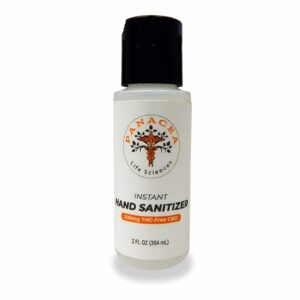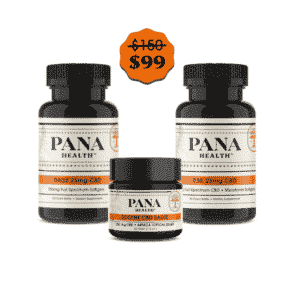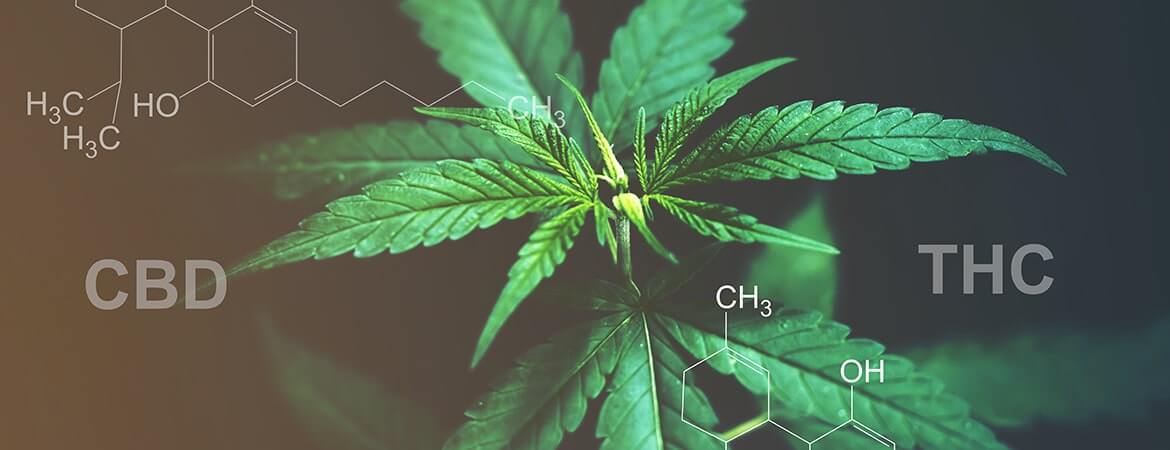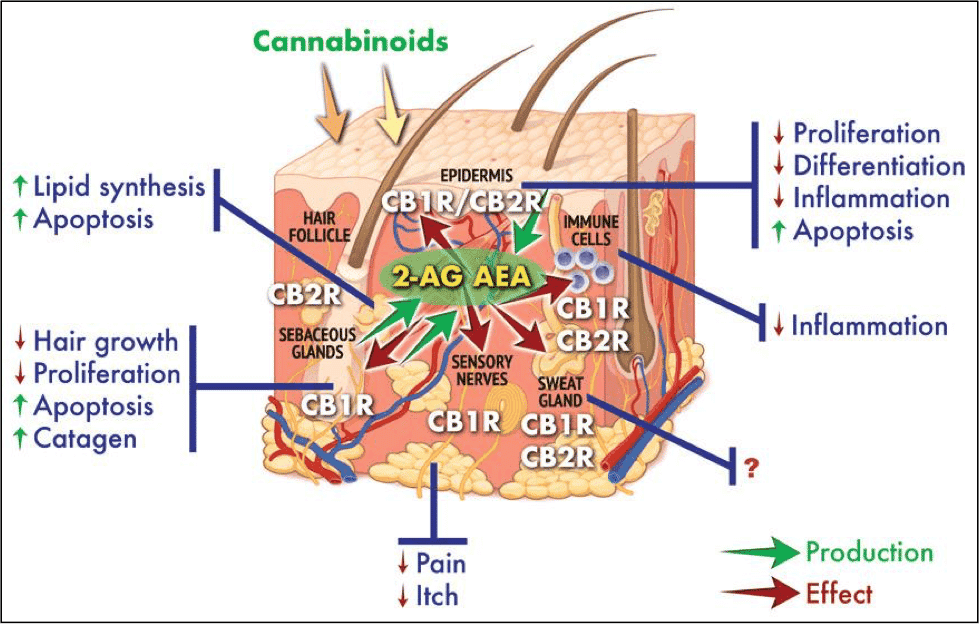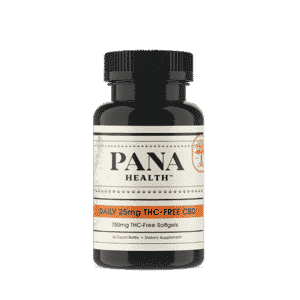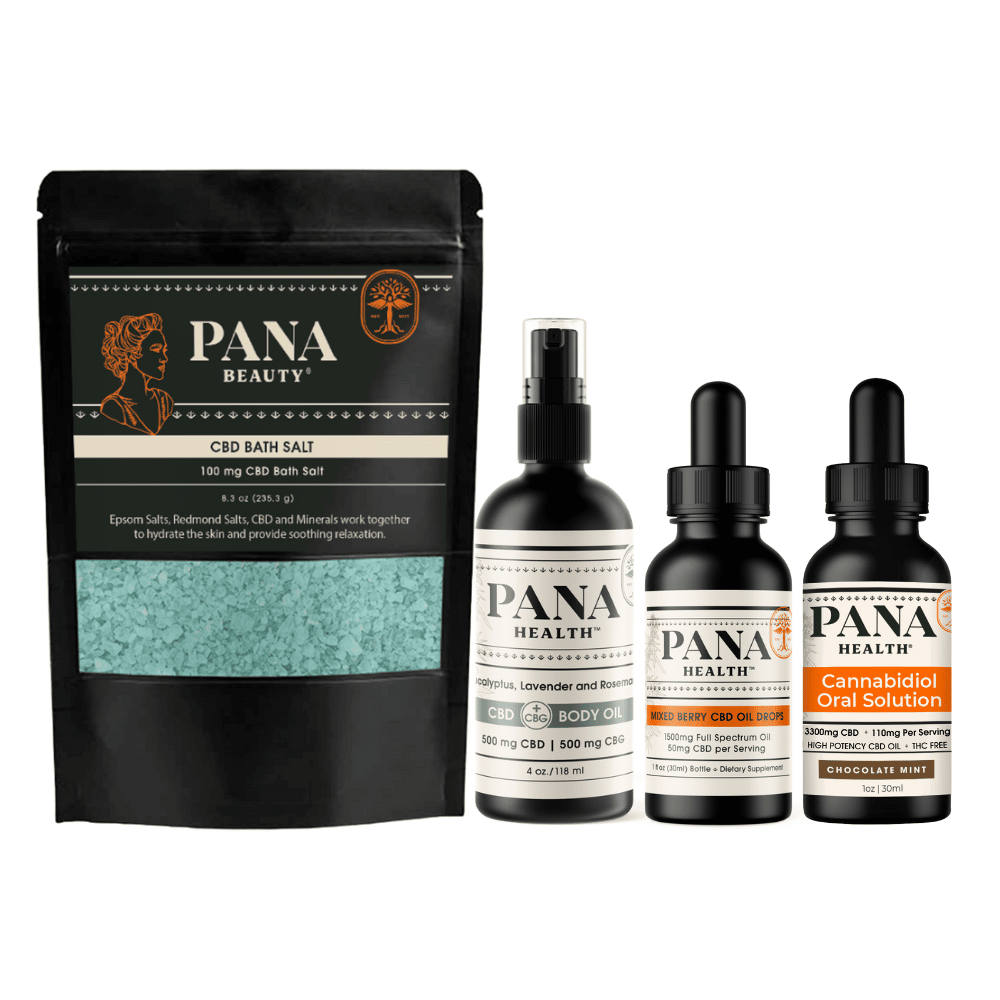There are many different ways to take cannabidiol (CBD), however, is vaping the best?
Chances are you’ve heard of CBD, it’s a buzzword within the health industry and a hot topic on many online forums, blogs, and YouTube videos.
However, there are multiple options to take CBD, these include capsules, edibles, creams, and vaping.
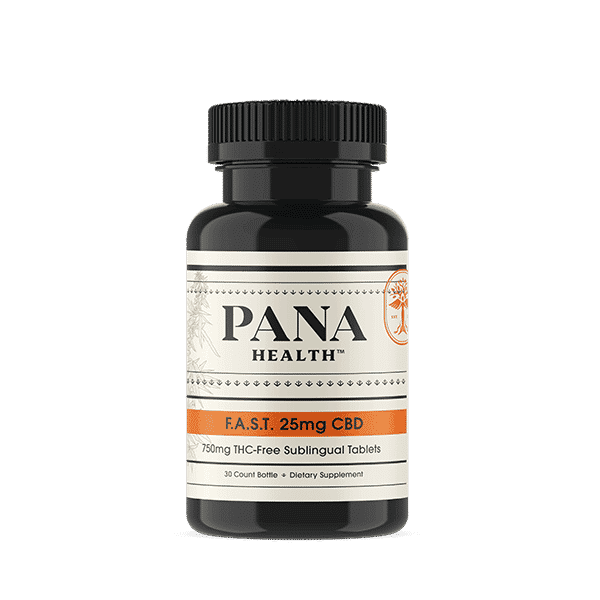
For a beginner looking to reap the benefits of supplementing CBD, vaping provides a cost-effective means to achieve the many acclaimed benefits however, is it actually the best and more importantly is it safe?
Before we begin let’s first discuss what exactly CBD is and the many benefits in which it includes.
What is CBD?
Cannabidiol, commonly known as CBD is derived from the cannabis plant, with CBD being a type of cannabinoid that contains many of the same chemicals found in marijuana, also known as weed. However, CBD does not produce a high as does another cannabinoid tetrahydrocannabinol (THC).
As CBD does not produce a high, it is much more easily accessible and legal across the United States and many other countries around the world.
So, if THC is not included what’s the point in taking CBD? Supplementing CBD into your diet and healthcare routine is not to get high. Instead, the use of CBD has many researched health benefits. These will be discussed below.
Health benefits of CBD
- Promote a sense of calm
- Reducing inflammation
- Aiding with cancer side effects
- Helps fight acne
Current research suggests taking CBD may help manage and regulate anxiety. CBD interacts with several receptors and neurotransmitters in the brain that are linked to modulating anxiety and depression. CBD interacts with serotonin receptors to positively influence serotonin effects in the brain. Serotonin is a naturally produced neurotransmitter commonly linked to mental health.
The current research on CBD is preliminary, however, early studies carried out on animals have found CBD to reduce stress, promote quality sleep (especially for those suffering from cases of insomnia), decrease heart rate (a common symptom of anxiety) and finally to reduce symptoms of PTSD, also known as post-traumatic stress.
Another potential popular benefit of supplementing CBD is reducing inflammation. Many studies, like this one, have found that CBD has anti-inflammatory properties. This could benefit a number of conditions, including ones that cause pain.
The National Cancer Institute hints that CBD may assist in alleviating specific cancer symptoms and cancer treatment side effects. Nonetheless, with that being said the institute does not support or endorse Cannabis as a treatment for those suffering from this horrible disease. However, there are some CBD medications approved by the FDA that are aimed at helping alleviate the nausea that is a common side effect of many cancer treatments.
To see whether or not CBD is entirely effective we will need to wait for further research to support the use of the supplement. We can most likely expect these to come to light in the coming years, especially as CBD is already taking the world by storm.
Finally, other health benefits for some users among a wide range of others is helping to fight acne. CBD is thought to have many effects on skin health that include direct modulation of specific skin cells, anti-inflammatory activity , and anti-microbial activity. This study demonstrated that CBD reduces sebum production in the sebaceous glands, the oil that naturally lubricates the skin that when over produced leads to acne formation. Another study demonstrates that CBD reduces inflammation in the skin that reduces the redness and pain associated with acne blemishes. Additionally, CBD may reduce scaring as shown in this study. Recent reports also indicate that CBD has natural antimicrobial activity that will reduce bacteria on the skin, which has long been associated with acne formation. The potential benefits for CBD to treat acne is so promising that clinical trials have been conducted with outcomes to be published later this year.
Should I vape CBD?
Okay, now that we’re all caught up let’s discuss vaping as your chosen method of supplementing CBD.
To begin with, vaping has risks. Whether vaping nicotine, CBD, or any other chemical substance this may result in serious health effects. In general, it’s recommended to avoid vaping altogether if you can, with the same obviously applying to smoking.
Moreover, a 2018 study published by the National Academics Press found that inhaling a puff from a nicotine e-cigarette to trigger an increase in heart rate, with the same potentially occurring when taking CBD.
The CDC notes that over the last few years there has been an increase in injuries caused by e-cigarettes and other vaping products.
If possible, we also suggest consulting with a medical professional before supplementing CBD into your diet, whatever method you choose. This is for your safety and to discuss alternative methods that may be more appropriate to you.
Alternative methods to vaping
So, with very little research on ingesting CBD through the use of vaping, we thought we’d provide you with alternative methods on how you can add CBD to your dietary regimen—helping you weigh up the pros and cons and seeing what method is best for you.
Below is a list of alternative methods:
- Capsules
- CBD tinctures
- Edibles
- CBD oil
- Creams & topicals
CBD capsules are one of the most popular methods of supplementing CBD, alongside vaping, of course. These capsules come in the form of a pill or soft gel, easily digestible yet slower acting than other methods when it comes to CBD. One of the main advantages of these is that, more or less, anyone can take them, and they are pre-measured, leaving little to no room for error.
CBD tinctures involve holding CBD oil under your tongue. This method is much faster acting compared to capsules; however, it has greater room for error in the amount of CBD taken. Alongside this, the tastes of tinctures are reported not to be great for some, with capsules and or oils preferred.
Edibles are quite easily becoming one of the most popular methods of supplementing CBD. These edibles are often chewy, tasty, convenient, and much more manageable than other methods. However, just like the capsules, CBD edibles will take a little longer to kick in than other methods.
CBD oil is great, you can take it by the drop, or you can mix the oil into some of your favorite foods. Whether you fancy making the classic brownie—this one won’t get you high… or you choose to mix into an all-time classic of spaghetti Bolognese the opportunities are endless. If struggling for ideas a quick search online will reveal many CBD oil-friendly recipes, just be sure you’re making for yourself and not a dinner party.
Finally, although there are other alternative methods of taking CBD the last one, we will cover is creams and topicals. These products include creams, moisturizes, and general skin care products—great for targeting specific areas of pain and or reduction in acne by applying directly to prone areas such as the face and back.
CBD cream and topicals are a great choice for those not fond of ingesting CBD, instead of applying and massaging CBD into the skin. Once again, the effect of this may be slower than ingestion, however, it is much more manageable and accessible for those not looking to directly ingest CBD.
So, what is the best way to take CBD? Is it really vaping?
With so many other options than vaping, it doesn’t really seem like the best way to get your daily dose of CBD. Especially when you consider that when the other products are used correctly, they are not likely to cause injury, unlike vaping
Although you can, of course, choose to vape CBD as this is entirely your choice, you should be wary of the potential side effects associated with vaping and vaping CBD in general. If possible, we, therefore, recommend trying out alternative methods whether this is CBD oil, edibles, or creams and topicals as these may be a much safer option.



